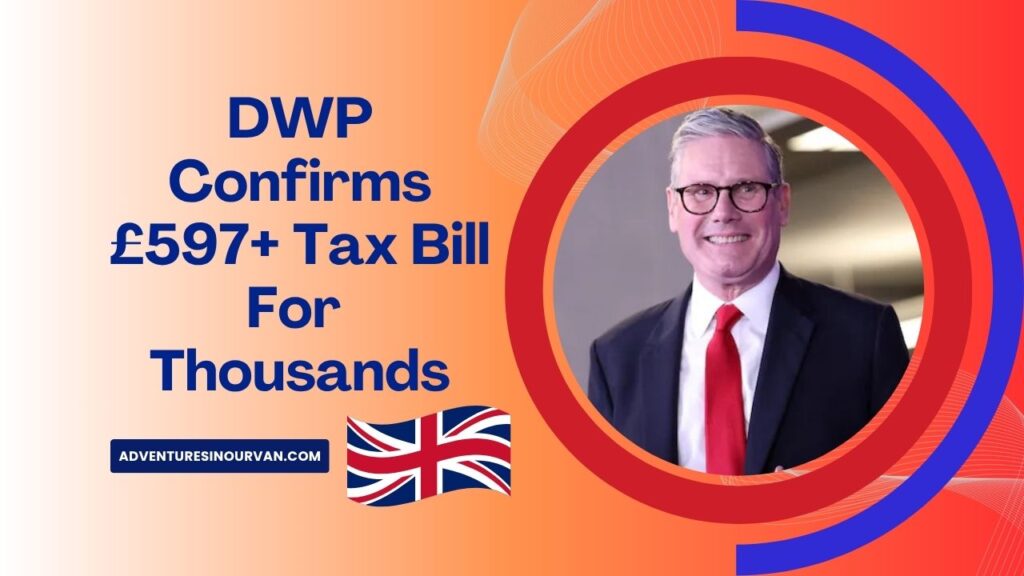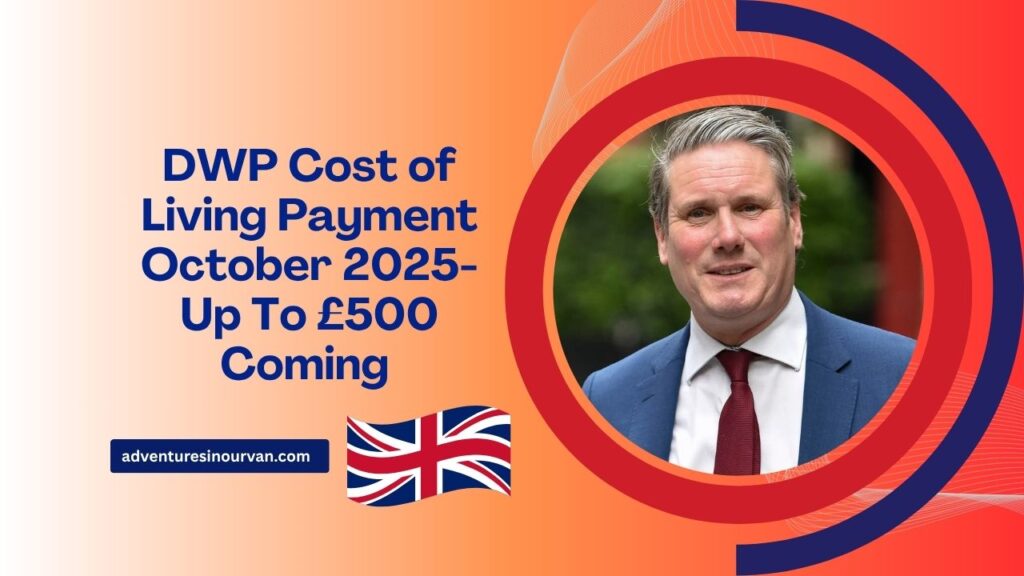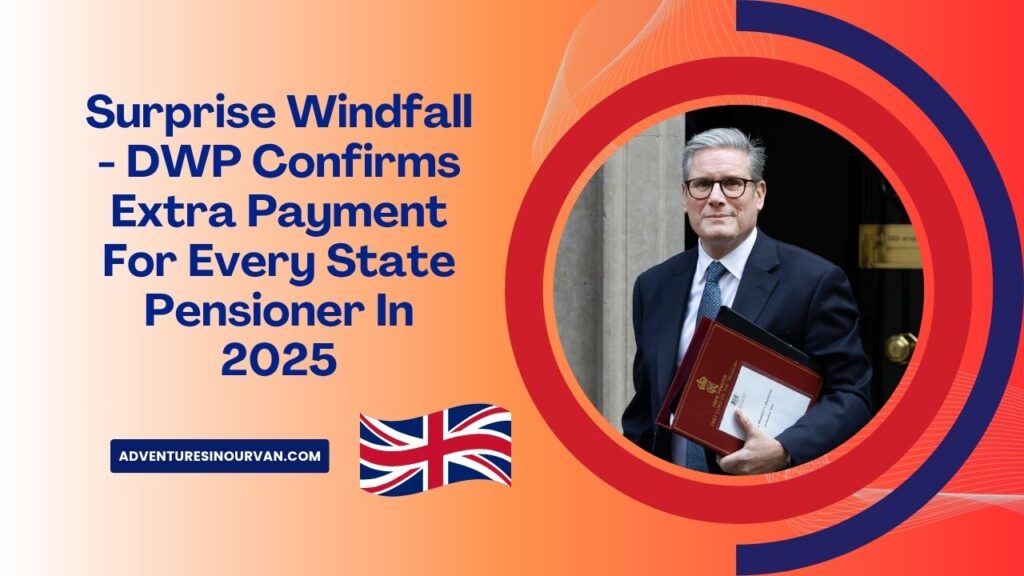Thousands of UK retirees may soon face an unexpected tax bill. In 2025, the Department for Work and Pensions (DWP) revealed that due to the state pension increase and frozen personal allowance, over 400,000 pensioners may owe more than £597 in tax—even if they previously believed their income was tax-free.
This development has caused concern among pensioners, especially those on modest incomes who didn’t expect to breach the £12,570 personal allowance threshold.
Why Are Pensioners Now Facing a Tax Bill in 2025?
The primary reason behind this tax shock is a combination of rising state pension payouts and frozen tax thresholds. While the state pension is increasing under the triple lock system, the personal allowance (the amount you can earn before paying income tax) remains unchanged at £12,570.
Here’s how this plays out:
- Full new state pension (2025): £11,502
- Additional income (private pension, savings, benefits): Could easily push total income beyond £12,570
- Result: Taxable income and potentially £597+ in taxes owed
Who Is Most Likely to Be Affected?
Many pensioners may fall into the tax trap unknowingly. Below is a breakdown of scenarios and their tax implications:
| Pension Income Type | Estimated Annual Amount (2025) | Tax Impact Potential |
|---|---|---|
| New Full State Pension | £11,502 | Close to threshold |
| Basic + Private/Workplace Pension | £12,500–£14,000 | Likely taxable |
| Claiming Additional Benefits | Varies | Case-by-case tax exposure |
Even small increases in savings income, investment interest, or workplace pensions can push total income above the tax-free threshold, resulting in unexpected deductions.
Steps Pensioners Can Take to Reduce Tax Burden
To avoid falling into the tax trap, pensioners can take the following actions:
- Check your total income: Sum all pension sources, including state pension, private pension, and benefits.
- Verify your tax code: Contact HMRC to ensure your PAYE tax code reflects accurate circumstances.
- Apply for available allowances: You may qualify for Married Couple’s Allowance or Blind Person’s Allowance.
- Seek financial guidance: Professional help can ensure you optimize income without incurring high tax bills.
Staying proactive with income monitoring is essential, especially for those close to the tax threshold.
Will the State Pension Increase Again in 2025?
Yes, due to the triple lock guarantee, the state pension is expected to rise again in 2025. While this benefits retirees on fixed incomes, it also pushes many over the taxable limit, especially with the personal allowance frozen.
This paradox of receiving more money but becoming liable for tax highlights the hidden financial pressure many pensioners may face in 2025.
With more than 400,000 pensioners potentially owing over £597 in taxes due to rising state pensions and frozen thresholds, it’s crucial to act now.
The DWP pension tax 2025 changes may seem minor, but they could significantly impact household budgets for retirees.
Take action today:
- Review your total income
- Check your tax code with HMRC
- Claim any eligible allowances
Planning ahead ensures you stay compliant while minimizing any unwanted tax surprises in the new financial year.
FAQs
How much tax could pensioners owe in 2025?
Pensioners may owe over £597 annually if their total income—including state and private pensions—exceeds the £12,570 personal allowance.
Is the state pension itself taxable?
Yes, state pension income becomes taxable if your combined income exceeds the personal allowance threshold.
Can pensioners reduce their tax liability?
Yes. Pensioners can reduce their liability by checking their tax codes, claiming applicable tax reliefs, and keeping their income below the threshold where possible.



